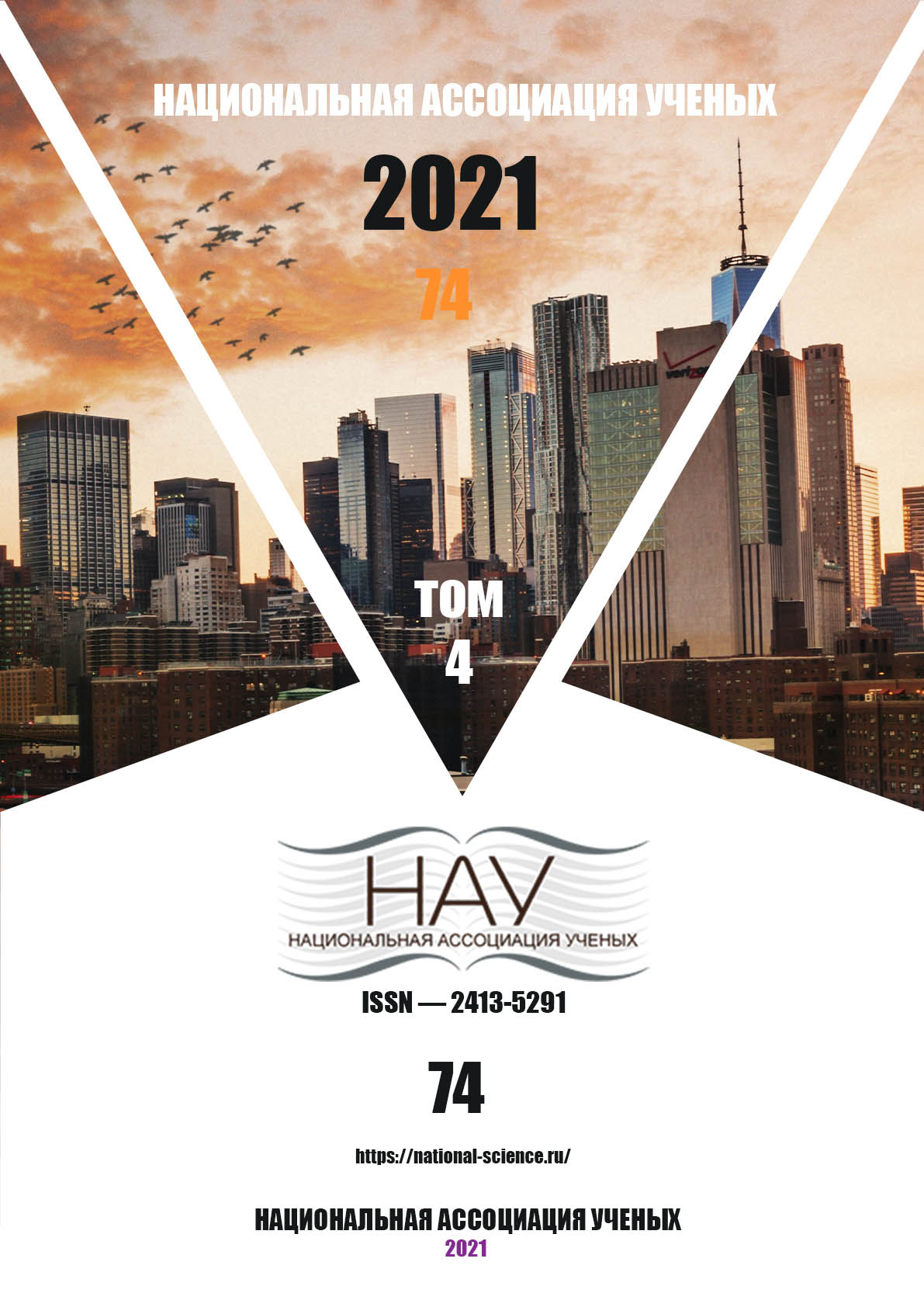FEATURES OF THE DEVELOPMENT OF CONCERTMASTER SKILLS OF AN ACCORDION STUDENT IN EDUCATIONAL INSTITUTIONS OF SECONDARY VOCATIONAL EDUCATION
DOI:
https://doi.org/10.31618/nas.2413-5291.2021.4.74.542Keywords:
concertmaster class; accordion students; concertmaster skills; secondary vocational education system.Abstract
The article is devoted to determining, based on the existing specifics of teaching accordion students in the system of secondary vocational education, effective ways to develop their concertmaster skills. The developed methodological recommendations identify the components of an integrated approach to the development of concertmaster skills based on the definition of this concept, taking into account the technical level of students, the design features of the instrument and the specifics of the soloists' performing activities.
References
Federal'nye gosudarstvennye obrazovatel'nye standarty – rezhim dostupa k izd.: https://fgos.ru.
Bernshtejn N. A. Fiziologija dvizhenij i aktivnost'. – Moskva: Nauka, 1990.
Petrushin V. I. Muzykal'naja psihologija. – Moskva: VLADOS, 1997.
Mosin I. Je. Tvorcheskaja rabota v koncertmejsterskom klasse: uchebno-metodicheskoe posobie. – 2-e izd. – Sankt-Peterburg: Lan', 2017.
Ostrovskaja E. A. Psihologicheskie aspekty dejatel'nosti koncertmejstera v muzykal'no-obrazovatel'noj sfere instrumental'nogo ispolnitel'stva: avtoreferat dissertacii ... kandidata iskusstvovedenija: 17.00.02. – Saratov, 2006.
Saranin V. P. Metodika obuchenija igre na bajane: uchebno-metodicheskoe posobie. – Tambov: TGMPI im. S. V. Rahmaninova, 2017.
Chachava V. N. Nekotorye voprosy obuchenija koncertmejsterov. – Sankt-Peterburg: Kompozitor, 2003.
Shenderovich E. M. V koncertmejsterskom klasse: razmyshlenija pedagoga. – Moskva: Muzyka, 2010.
Fathutdinova T. G. Iz opyta raboty «Koncertmejster – kto on? Ego rol'… // Teorija i praktika obrazovanija v sovremennom mire. – Sankt-Peterburg: Satis##, 2014.
Zhmurov V. A. Bol'shaja jenciklopedija po psihiatrii – 2-e izd. – Moskva: Dzhangar, 2012.
Downloads
Published
Issue
Section
License

This work is licensed under a Creative Commons Attribution-NoDerivatives 4.0 International License.
CC BY-ND
A work licensed in this way allows the following:
1. The freedom to use and perform the work: The licensee must be allowed to make any use, private or public, of the work.
2. The freedom to study the work and apply the information: The licensee must be allowed to examine the work and to use the knowledge gained from the work in any way. The license may not, for example, restrict "reverse engineering."
2. The freedom to redistribute copies: Copies may be sold, swapped or given away for free, in the same form as the original.





